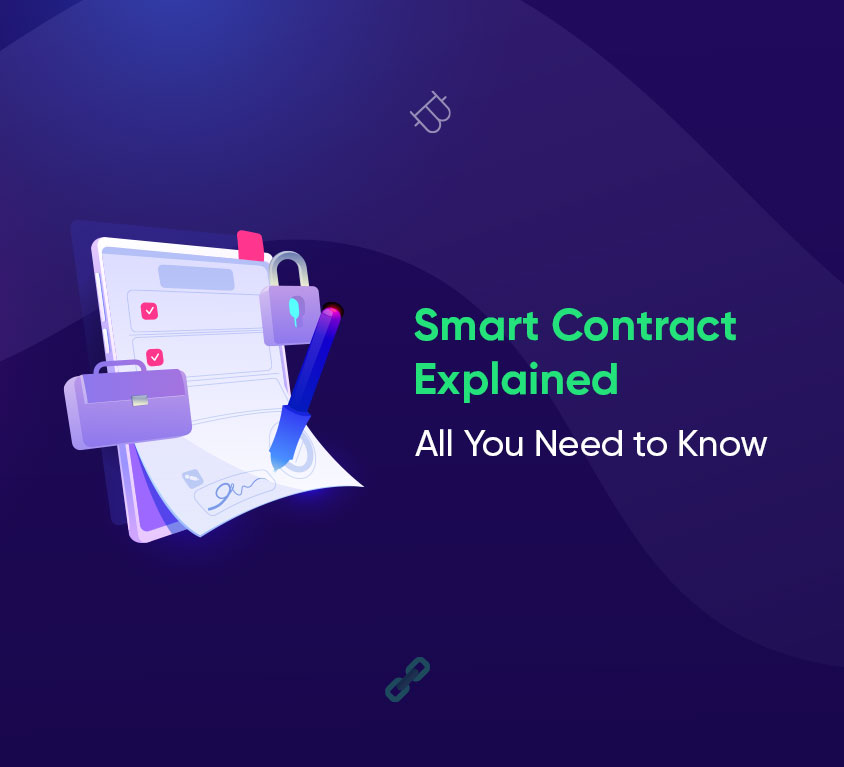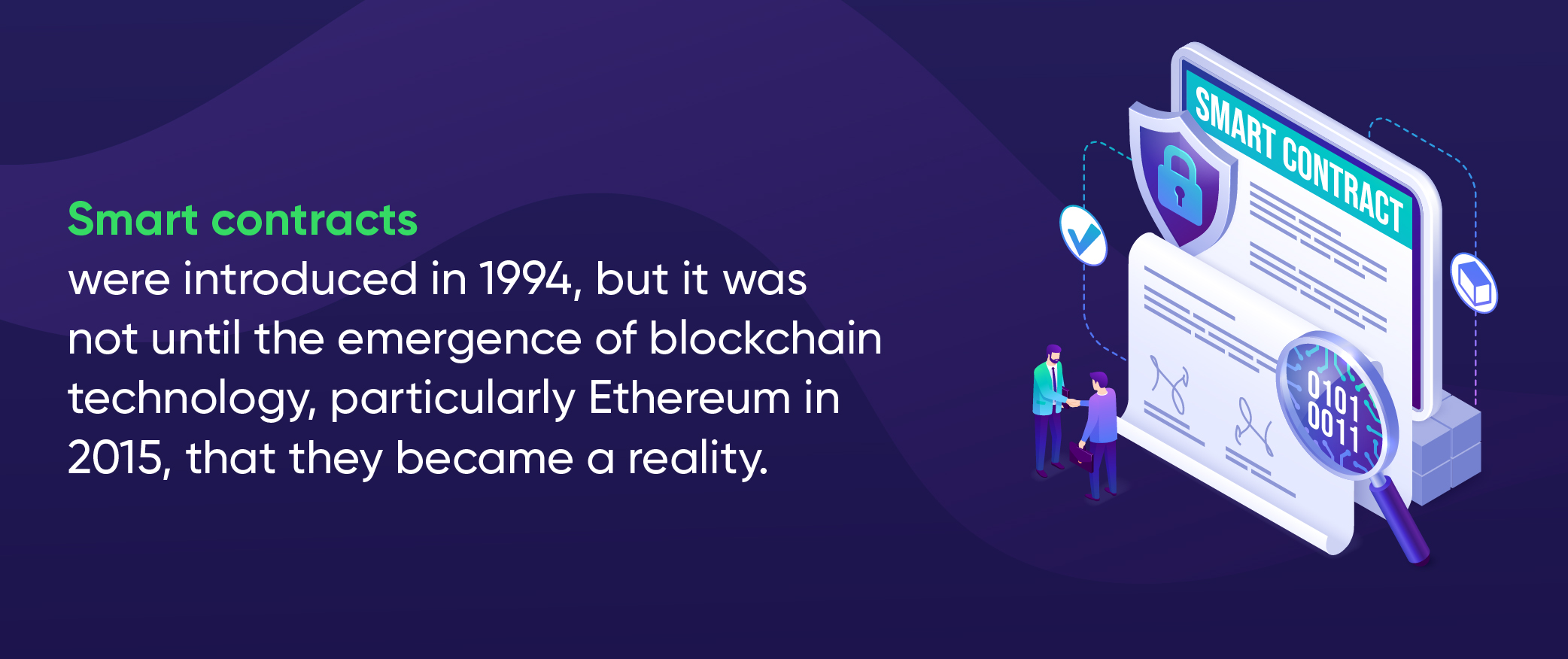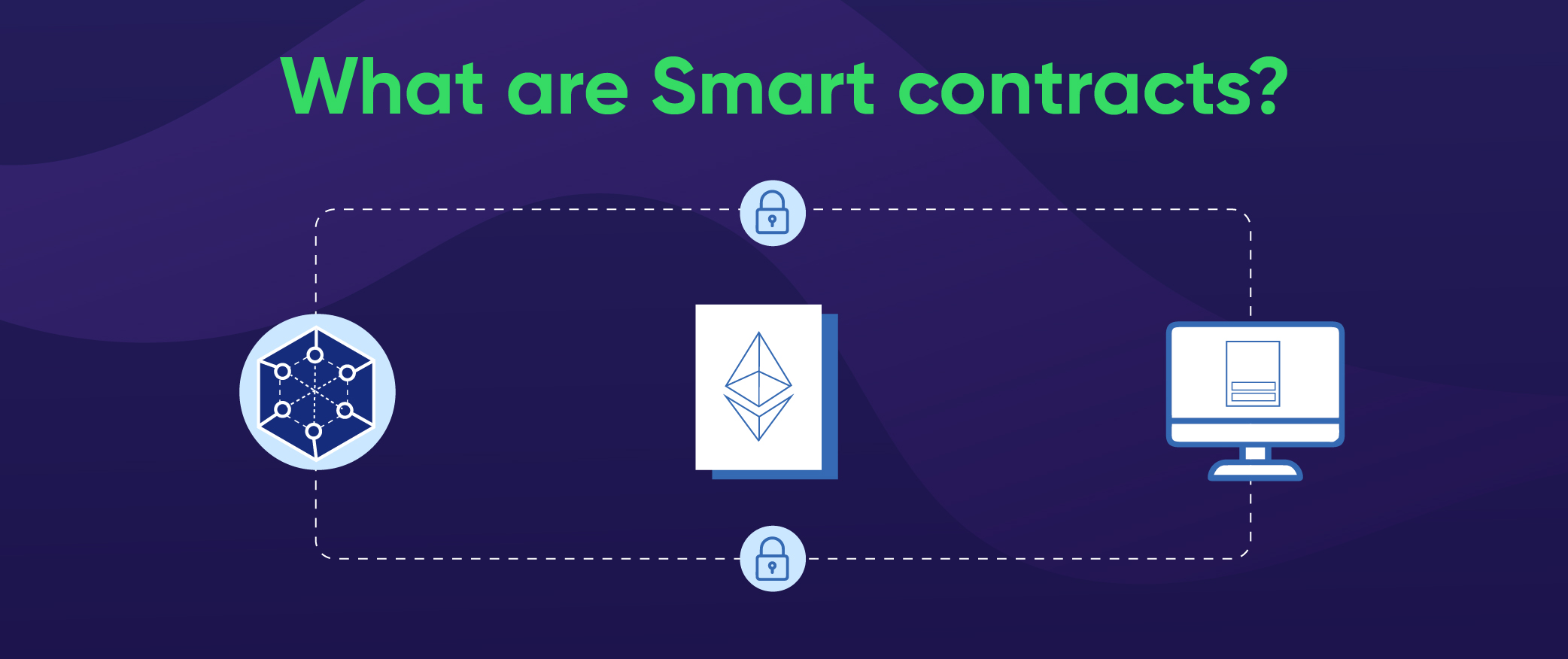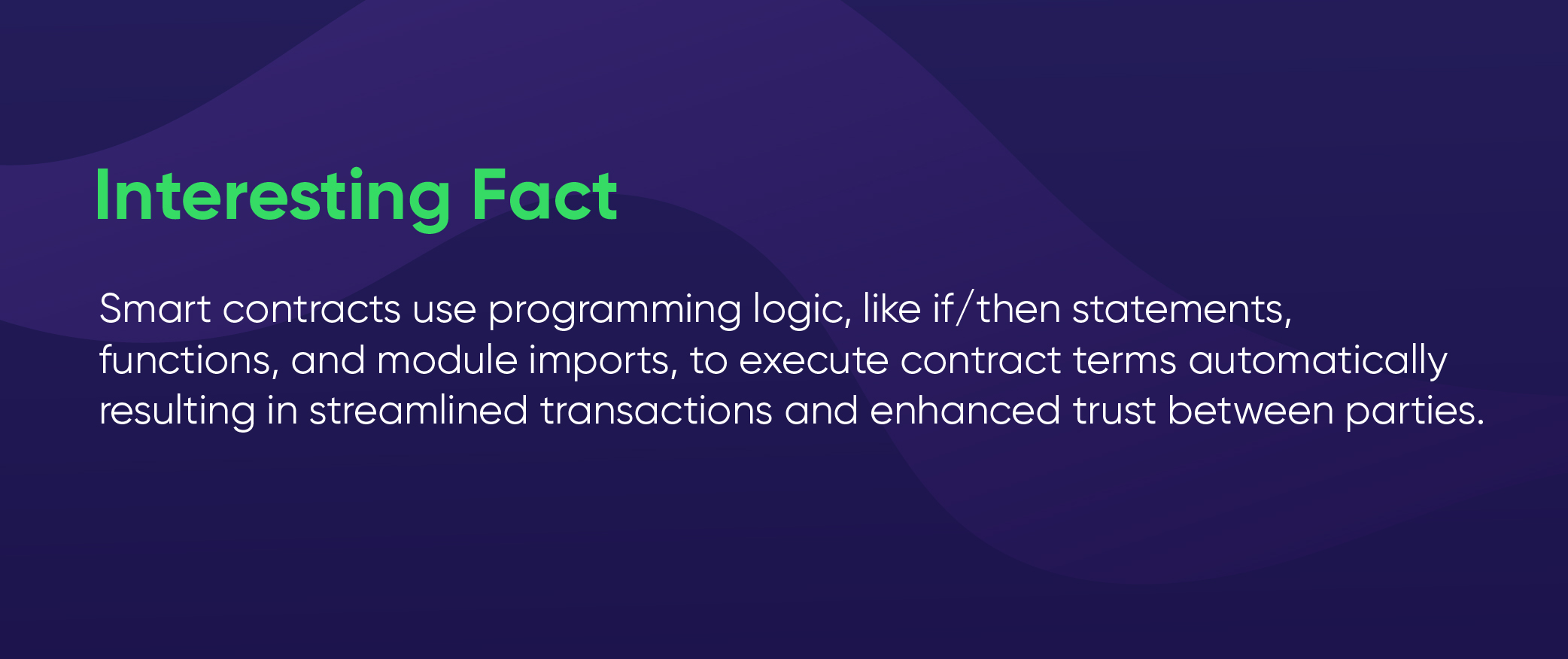
Introduction
Smart Contracts Explained: All You Need to Know
Blockchain technology has transformed the way of making transactions, cutting the need for third parties and resulting in less costs. There are many applications of blockchain but one of them is smart contracts. Smart Contracts are automated contracts that operate on a blockchain. Furthermore, traditional contracts always require a third party while self-executing contracts automate the execution of terms and this is why it is more efficient, secure, and cost-effective. In this ultimate guide, smart contracts explained comprehensively including; how to make a smart contract, examples, and how it works:
What is a smart contract?
A smart contract is an automated digital agreement used to operate on a blockchain network. This digital contract contains code that self-executes terms on meeting specific conditions. Moreso, this type of contract uses a decentralized ledger, like a blockchain, to store and share data, ensuring transparency and security. Before getting started, let’s explore the history of smart contracts;
Before getting started, let’s explore the history of smart contracts;
A Brief History of Smart Contracts
Nick Szabo introduced the idea of smart contracts in 1994. He envisioned digital agreements that could automatically execute when specific conditions were met, without the need for intermediaries. However, at the time, the technology to support such contracts did not exist. The emergence of blockchain technology, particularly with the launch of Bitcoin in 2009, gave the foundation for digital contracts to become real. Ethereum, launched in 2015, took smart contracts to a new level, allowing for the creation of more complex and customizable contracts. However, today digital contracts continue to gain popularity as their potential benefits become more visible.Advantages of Smart Contract
There are many benefits of smart contracts over traditional contracts, including;- Elimination of intermediaries that reduce costs and increase efficiency.
- Automating the execution of terms improves overall efficiency and reliability.
- Automation of contracts prevents human errors that enhance accuracy.
- The unchangeable nature of the code makes it immutable that is impossible to modify once executed.
Smart Contract Applications & Use Cases in Various Industries
- Real Estate: Self-executing contracts simplify property sales by automating transactions, reducing paperwork, and ensuring secure, transparent deals.
- Supply Chain Management: They enhance tracking and verification of goods, improving transparency and reducing the risk of fraud.
- Voting Systems: Digital contracts enable secure and tamper-proof voting processes, ensuring accurate results and voter privacy.
- Insurance: They streamline claim processing by automating payouts when predefined conditions are met, saving time and reducing disputes.
- Finance: Automated contracts facilitate faster, more secure financial transactions, such as loans, bonds, and crowdfunding.
- Healthcare: They safeguard sensitive patient data, allowing secure and efficient sharing of information among healthcare providers.
- Intellectual Property: These contracts protect creators’ rights by automating royalty payments and enforcing licensing agreements.
- Internet of Things (IoT): They facilitate communication and transactions between IoT devices, ensuring secure and efficient data exchange.
How to Make a Smart Contract?
- Use a blockchain platform that supports automated contracts, such as Ethereum.
- Have knowledge of programming languages, such as Solidity, to create the contract code.
- The contract code should include the terms and conditions of the agreement and the actions to be taken when the conditions are met.
- Once the code is written, it needs to be deployed on the blockchain, where it will be executed automatically when the conditions are met.
- Finally, test the contract thoroughly before deploying it to ensure its functionality and security.

How Do Smart Contracts Work?
For easy understanding let’s assume a simple contract that is used for a transaction between a customer and a business. This simple contract could include terms such as payment and delivery. Once the terms are fulfilled by both parties, the contract executes, ensuring a smooth and transparent process. Likewise, smart contracts use blockchain to store and share data that is embedded in unchangeable code and that executes automatically. Furthermore, these contracts use programming language such as solidity to create a code that deploys on blockchain to execute automatically.-
Blockchains with Smart Contracts
Ethereum supports smart contract customization using a programming language called Solidity that allows developers to create various types of digital contracts for numerous industries.
However, Bitcoin smart contract has the ability through its Taproot upgrade, which enables the creation of complex self-executing contracts.
-
Simple Explanation of Smart Contracts
Smart contracts are applications on a blockchain that ensure both parties in a transaction fulfill their obligations. They use programming logic, like if/then statements, functions, and module imports, to automate the execution of contract terms.
Conclusion:
In Summary, we can say that this gentle guide helped you to learn and understand what is a smart contract and how it works. However, this guide explained everything you need to know about digital contracts, Their advantages over traditional contracts, and their applications in various industries. This shows the evolving nature of this technology and proves that it will likely become an integral part of our digital future. As a leading web3 and blockchain development company, BloxBytes is at the forefront of smart contract innovation. Our cutting-edge solutions can revolutionize your business operations, harnessing the power of digital contracts to unlock their full potential. Follow BloxBytes for more insights!
Follow BloxBytes for more insights!